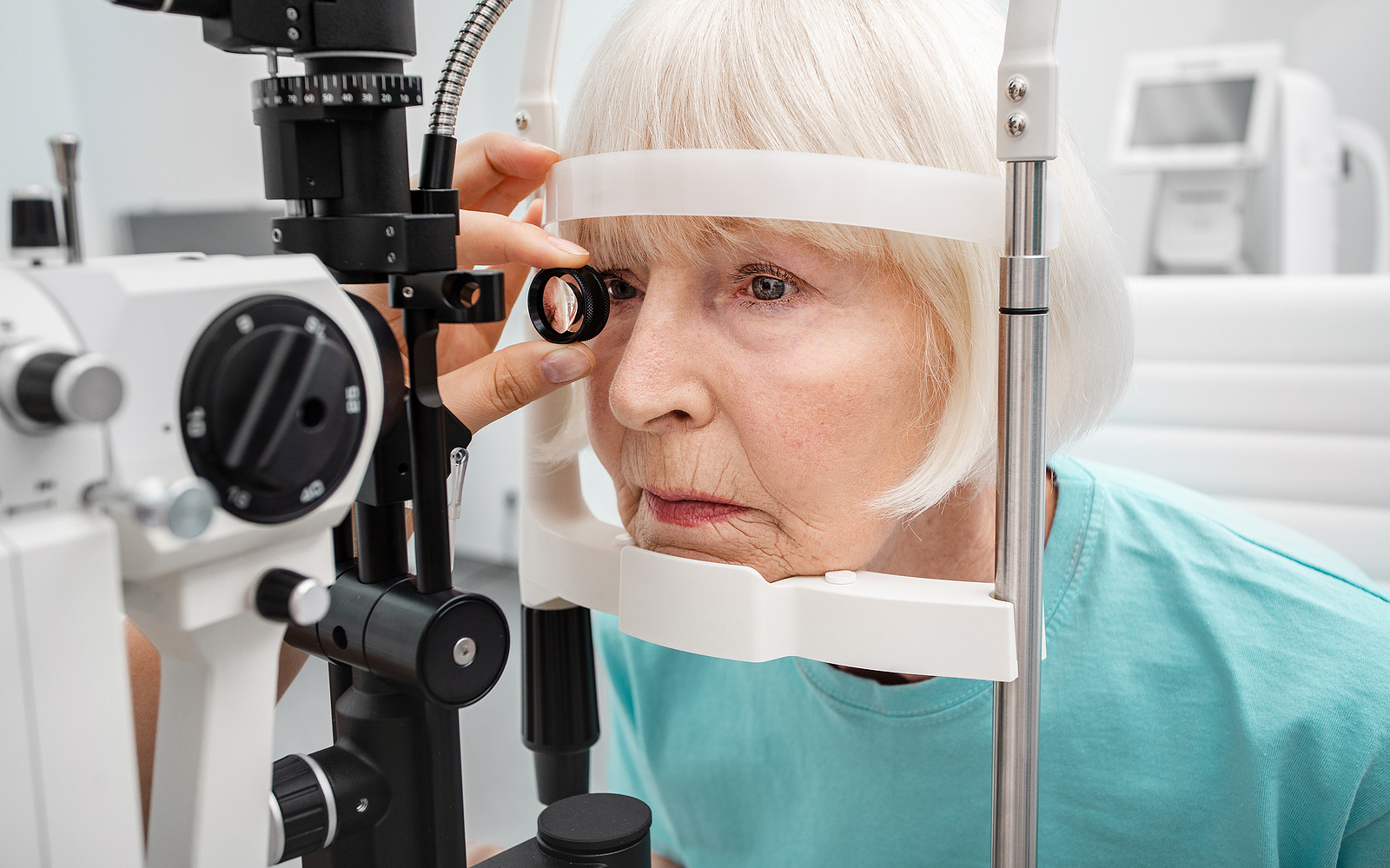Doctors Agree: Don’t Overwear Your Contact Lenses

Wearing your contact lenses for longer may seem like a good way to budget money or time, but can have a serious impact on your health.
For millions of Americans, contact lenses are an easy way to improve vision without the hassle of glasses. While contact lenses offer wearers a range of benefits – instant vision correction, for example – they’re not without their own challenges.
Indeed, certain behavior has doctors worried. While it may be tempting to save money or time by wearing your contact lenses for longer than their suggested use, you may be exposing yourself to adverse health effects. From overwearing your contact lenses to sleeping in them, the American Optometric Association warns that ignoring the manufacturer’s recommendations can put you at risk.
What Can Happen When You Overwear Your Contact Lenses
Even if you follow hygienic best practices with your contact lenses by rinsing them regularly with , can cause with your eyesight. This is because protein deposits, microorganisms, and allergens build up on your contact lenses over time – no matter how well you clean them. Eventually, this build-up can result in , , , , and cause a burning sensation when you insert your contact lenses.
Contacts can transmit a healthy amount of oxygen, but extended can compromise the lenses through . The eyes can undergo corneal damage from a lack of oxygen.
Bacteria
for days or even weeks past their recommended use, sleeping in your contact lenses can have serious side effects. When you sleep in your contact lenses, you’re preventing oxygen from filtering into and out of the . Because you don’t blink regularly while you’re asleep, this creates conditions in which bacteria can easily spread.
Combined with the gradual breakdown of that occurs past the recommended period of use, you may contract microbial . is a type of that inflames your , causing pain in your and putting you at risk of vision loss.
Another effect of is . This occurs when the eyes form an inflammatory response to prolonged contact exposure. It causes a feeling of sandiness or grittiness and sometimes , soreness, and blurry vision. It is sometimes treated with artificial tears but in other cases, the has to stop .
Contact Lens Do’s and Don’ts
Ensure that you follow all of the instructions your manufacturer gives you. If you use daily disposables, for example, don’t wear them for a week. If you wear lenses that are designed for extended use up to weeks and months, keep track of exactly when you need to get rid of them.
Additionally, avoid sleeping in your contact lenses. Even if they purport to be designed for overnight use, repeated wear while you sleep puts you at risk of and microbial . Some care specialists even recommend taking your lenses out for naps, but a few hours won’t be a problem.
Consult with an Eye Doctor
Contact lenses offer benefits for patients who want to avoid wearing glasses, but that doesn’t mean they’re hassle-free. From disposing of them after their recommended period of use and securing replacements to cleaning them regularly in solution, a lot goes into wearing contact lenses day in and day out.
If you’re tired of contact lenses and worried about the potential side effects of extended use, you may want to consider LASIK. By scheduling a consultation with the Swagel Wootton Eye Institute, you can speak with an eye care professional at our Mesa or Chandler locations to learn whether this procedure is right for you.
[DISPLAY_ULTIMATE_SOCIAL_ICONS]








